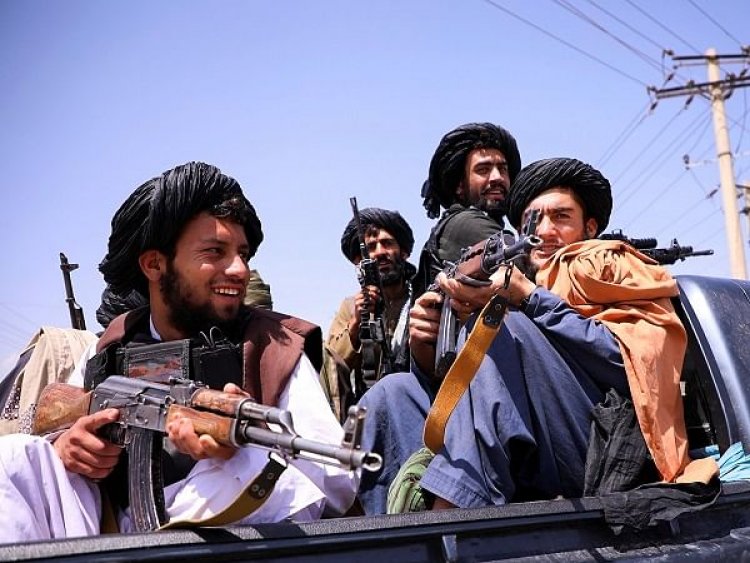Pakistan's optimism with Afghan Taliban misplaced, says report

After many in Pakistan expressed their happiness at the victory of the Taliban in Afghanistan in August last year, the euphoria is now subsiding in the face of increased terrorism at home while Pakistani authorities continue to provide support and protection to the Taliban regime, a report said on Thursday.
The Pakistan government had hoped that a friendly regime in Afghanistan would ease its concerns about the Pakistani Taliban, known as the Tehreek-e-Taliban Pakistan (TTP). What has happened instead is a spike in terror attacks in recent months, said a Canada-based think tank, International Forum for Rights and Security (IFFRAS)
Pakistan claims that many of the terror attacks were planned by militants hiding inside Afghanistan. So, while Pakistan wants to help the new Taliban government, it must also contend with growing security and economic risks to Pakistan that have arisen with the coming of the Taliban regime, the report further said.
Citing Pakistan Institute of Peace Studies (PIPS) data, the report noted that terror incidents in Pakistan increased by a massive 42 per cent over the previous year in 2021, with a significant surge in the number of incidents following the Taliban's takeover of Kabul in August.
The PIPS report also went on to say that the change in Afghanistan is "not helping in any way Pakistan's efforts to deal with the militant groups threatening its security."
Moreover, the TTP, which was considerably weakened by late 2020, has regrouped and is involved in running extortion rackets throughout Pakistan. The TTP has been using Afghanistan sim cards to call affluent Pakistani traders to get extortion money.
According to PIPS, the TTP was alone accounted for 87 attacks that killed 158 people, an increase of 84 per cent relative to 2020.
The IFFRAS report further said that the recent links established between the TTP and the Afghan Taliban pose another security challenge for Pakistan as low-level Afghan Taliban cadres are said to maintain their links with the TTP, a fact recognized by the senior Afghan Taliban leadership.
The larger challenge for Pakistan is that the Afghan Taliban is in power in Kabul. As long as the Taliban was a force on the ground and, in opposition to the Afghan government, Pakistan was able to control its cadres. It even gave the Haqqanis, the Pakistan ISI's favourite, prominent positions in the Taliban hierarchy.
Today, with the Taliban in power the situation has changed and recent events on the border relating to the fencing of the Durand line show the difference in positions.
The Afghan Taliban is infuriated by a fence Islamabad is erecting along their 2,700-kilometre (1,600-mile) border, known as the Durand Line. Taliban doesn't recognise the Durand Line as the border between Pakistan and Afghanistan.
Another headache for Pakistan's security establishment is the thriving weapons markets along the Afghan-Pakistan border and terrorist/insurgent groups buying the weapons left behind by the US and its allies.
As a result of these factors, Pakistan is sitting on a tinderbox, the report said, adding that instability in Afghanistan is one factor that will constantly impact Pakistan and Pakistan's optimism with the Afghan Taliban as singing its tune may be misplaced.















































